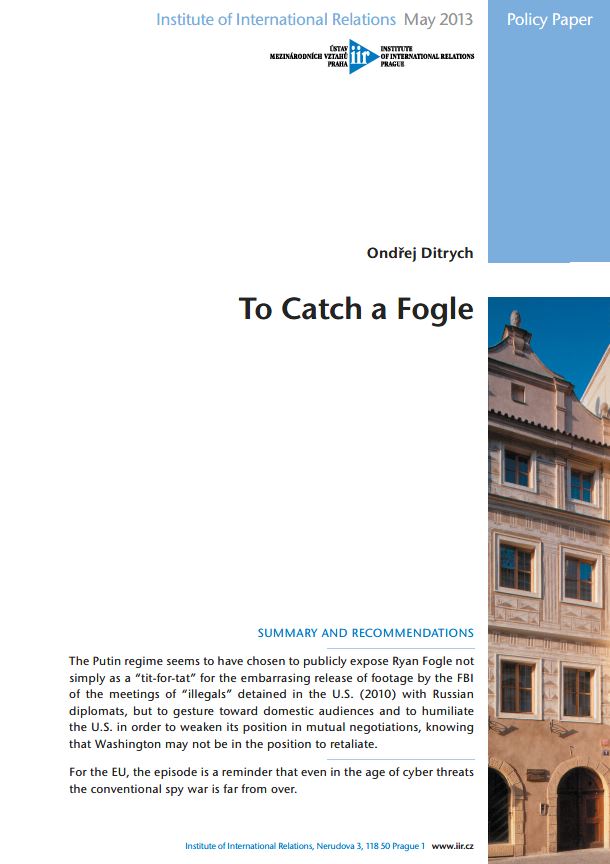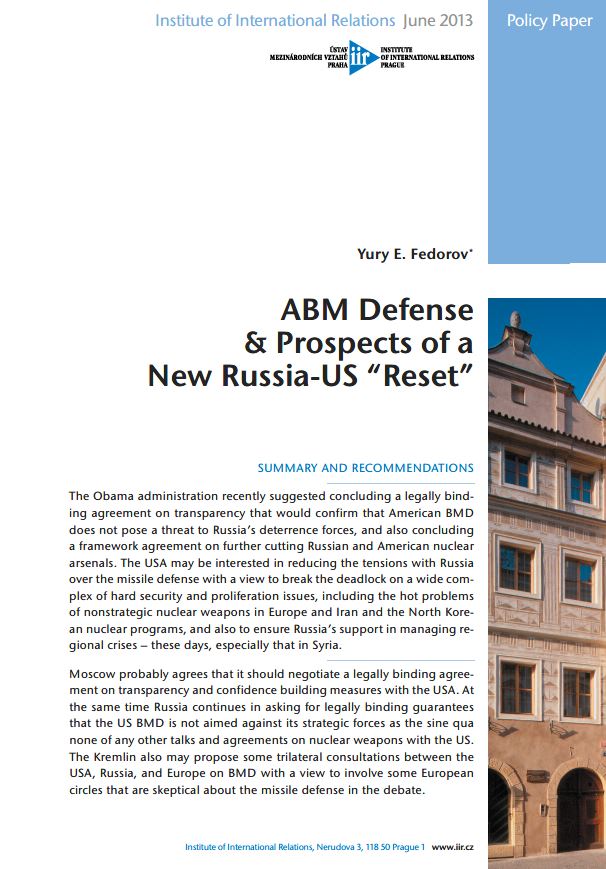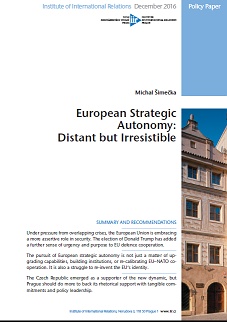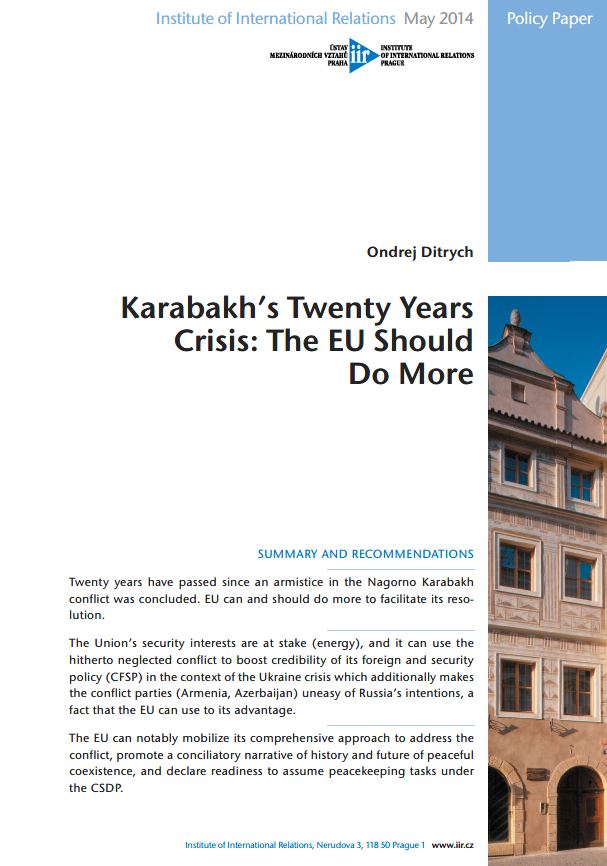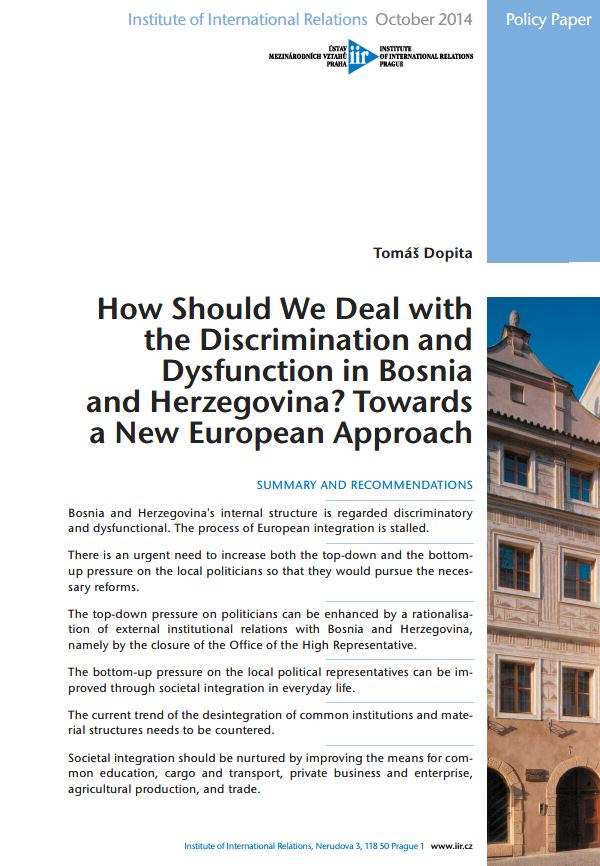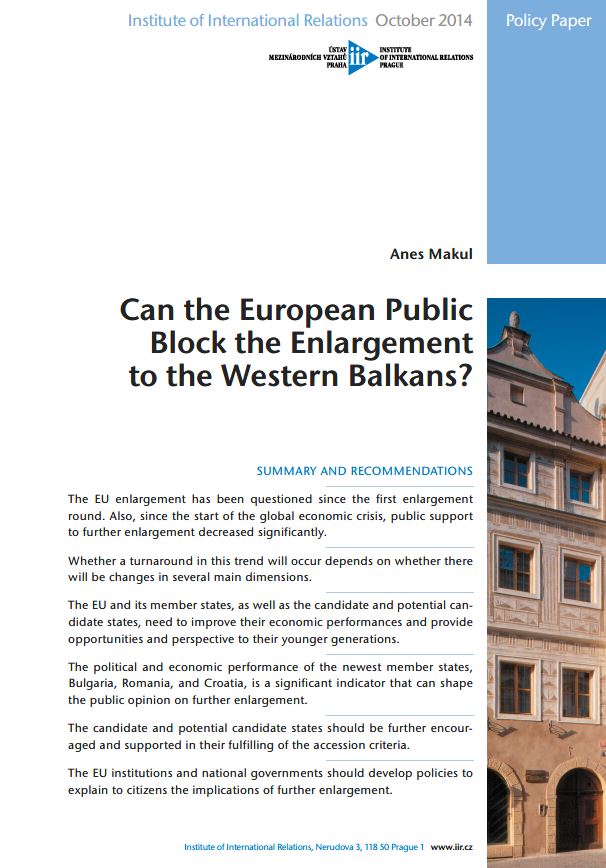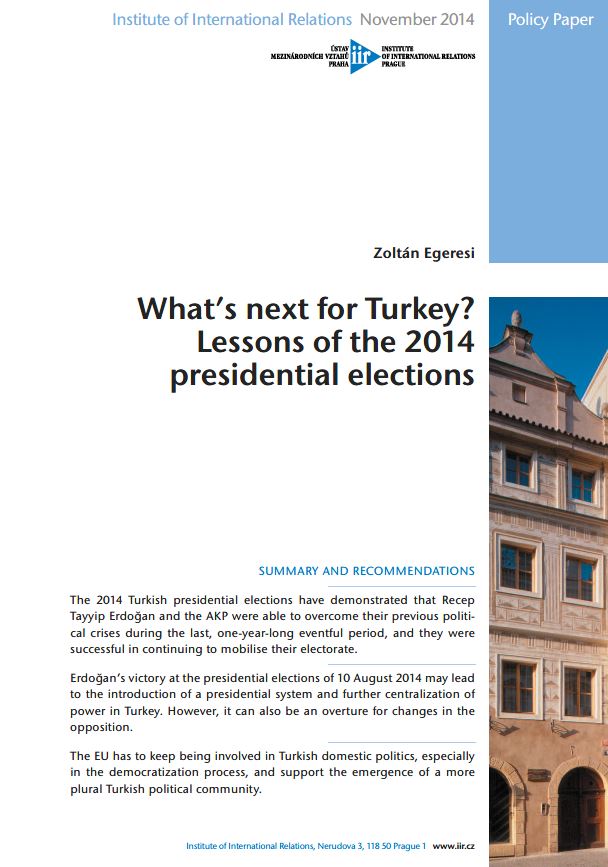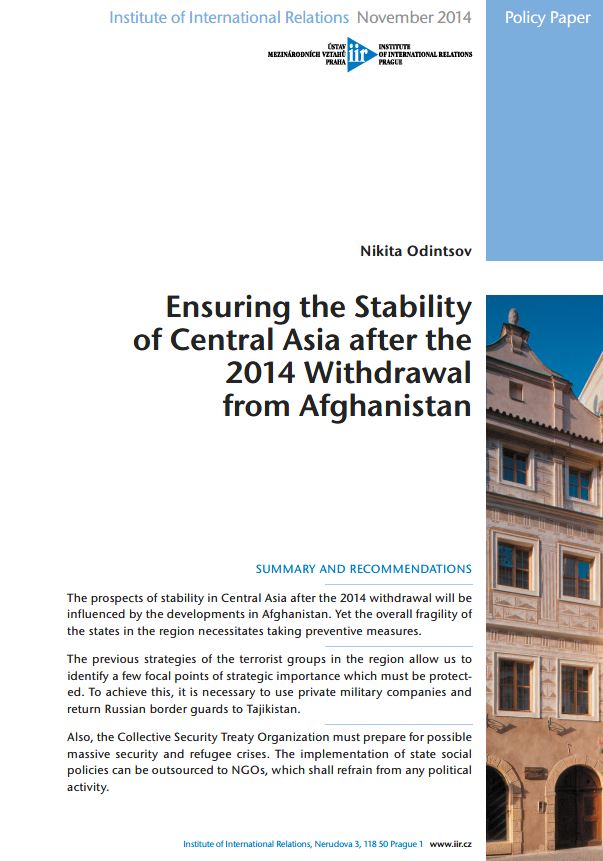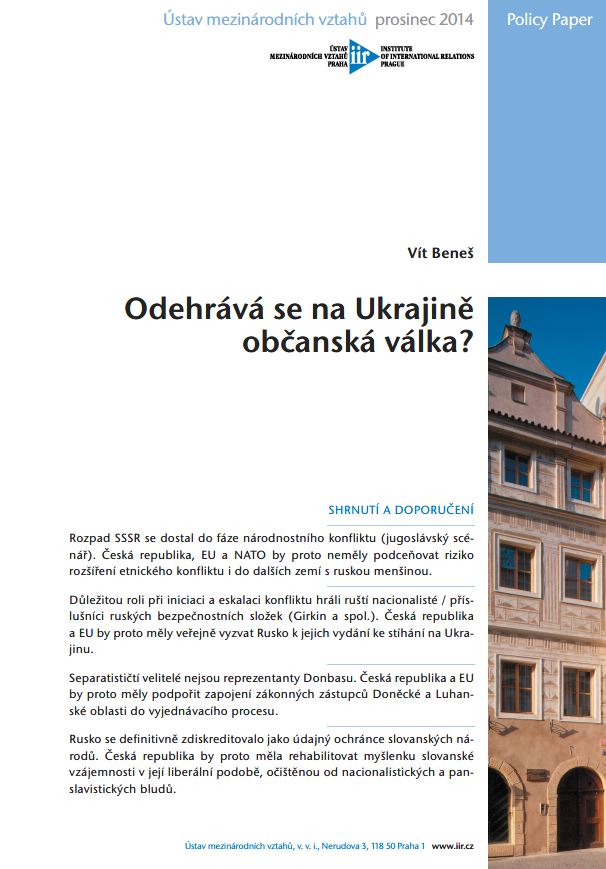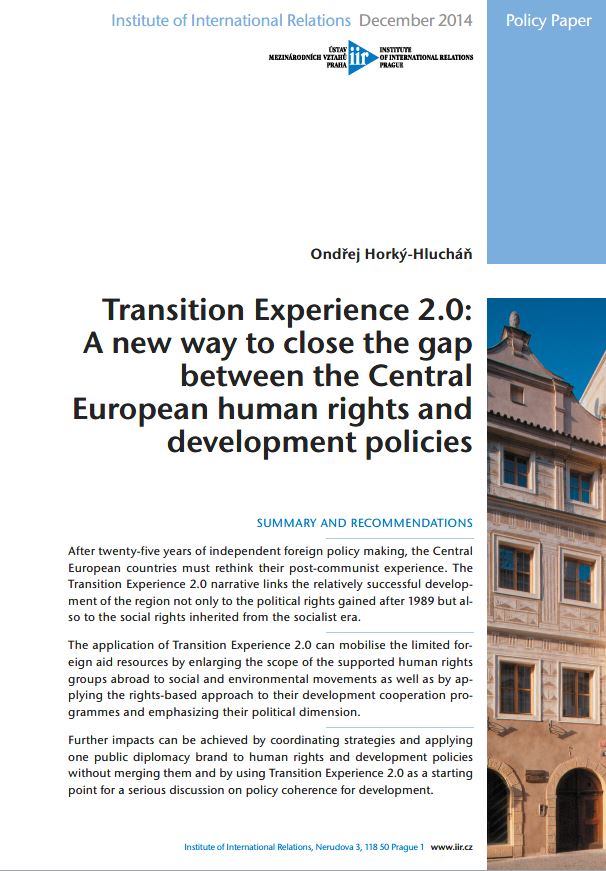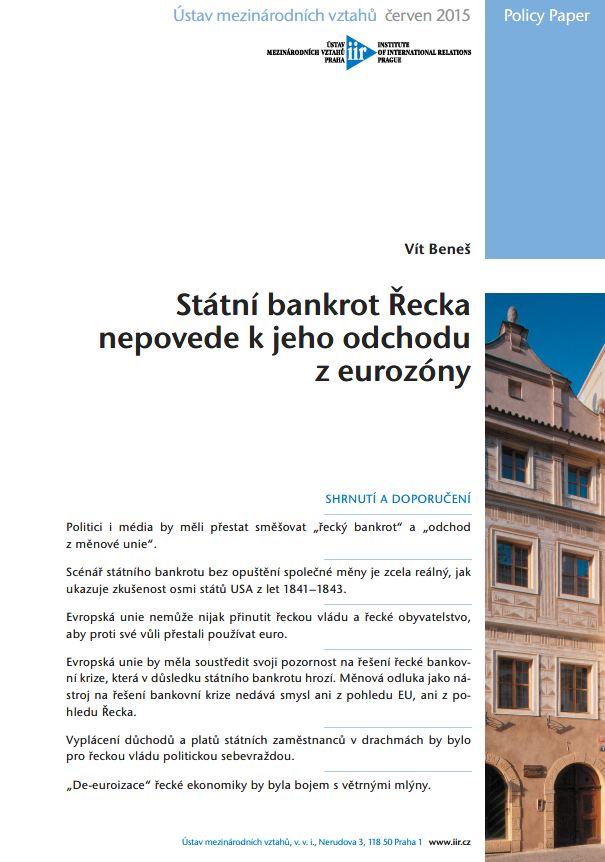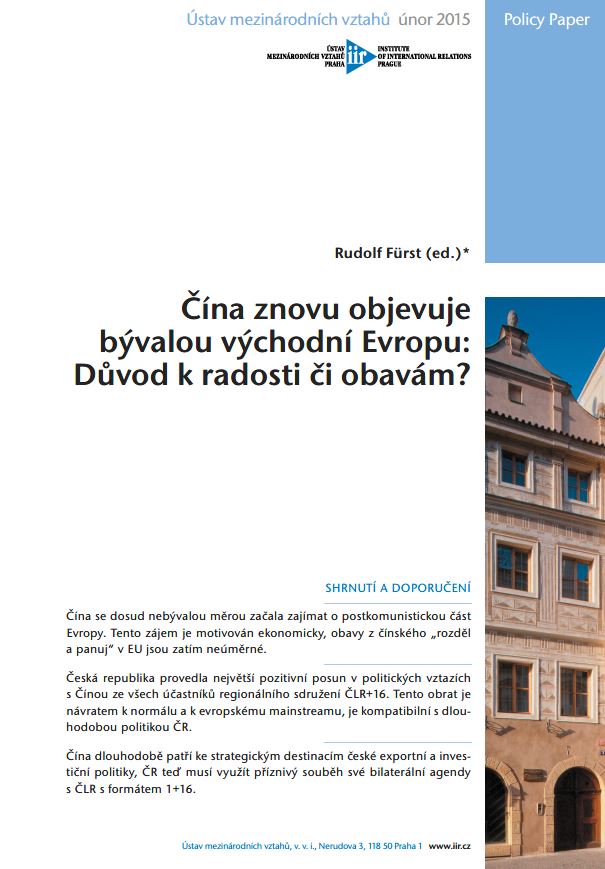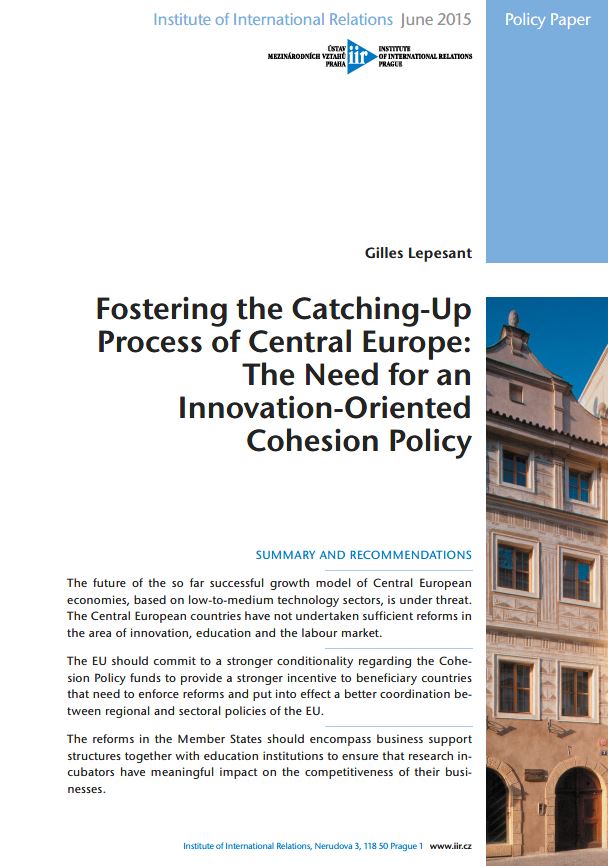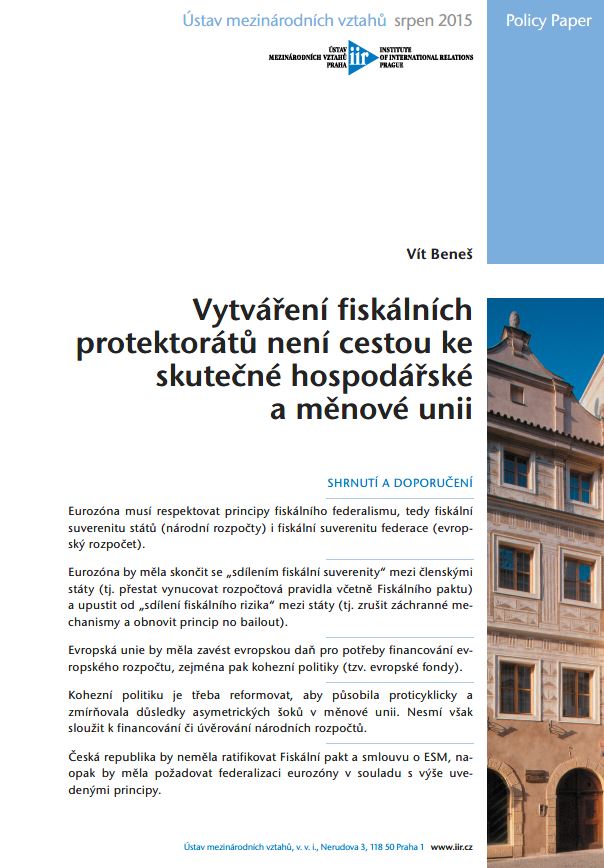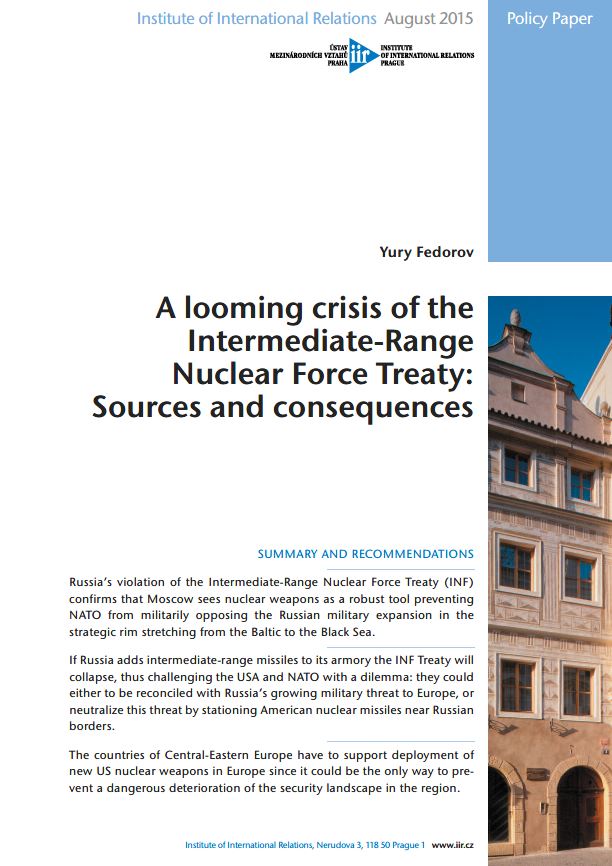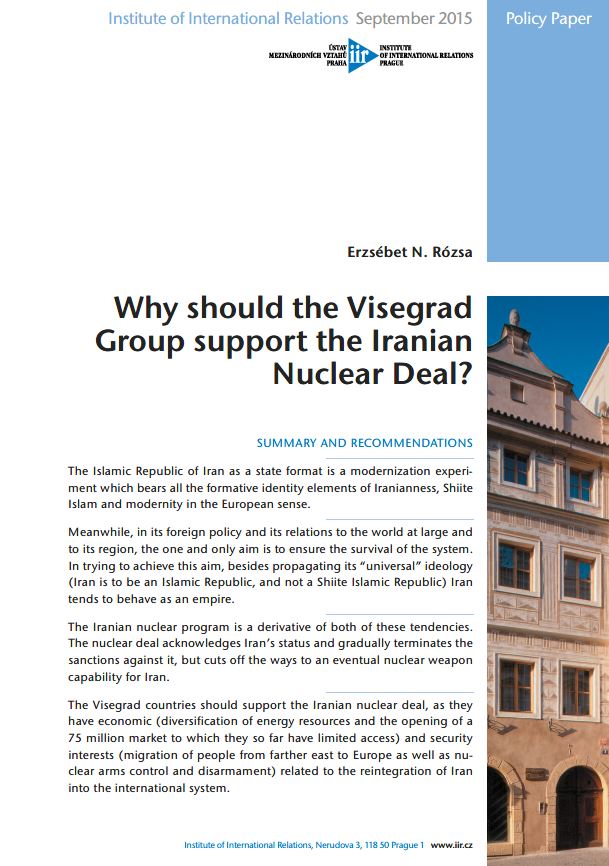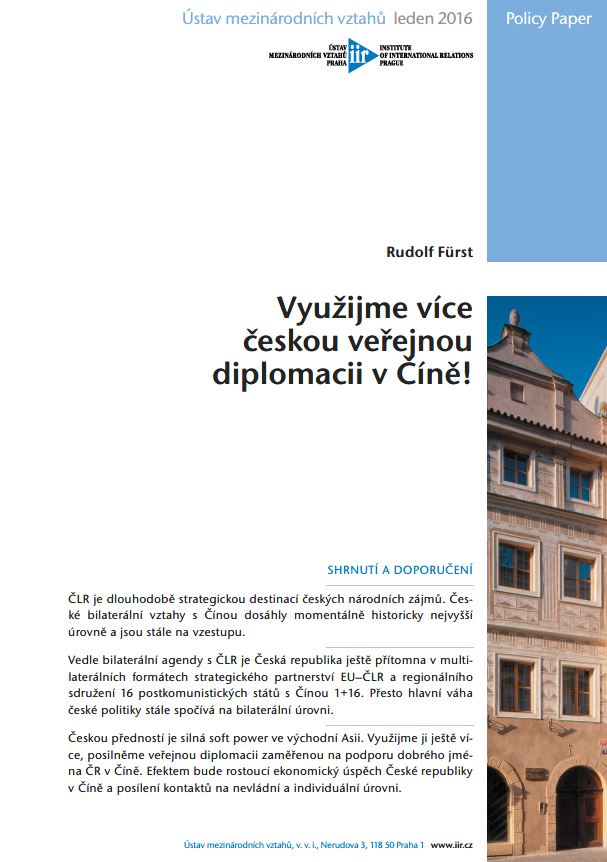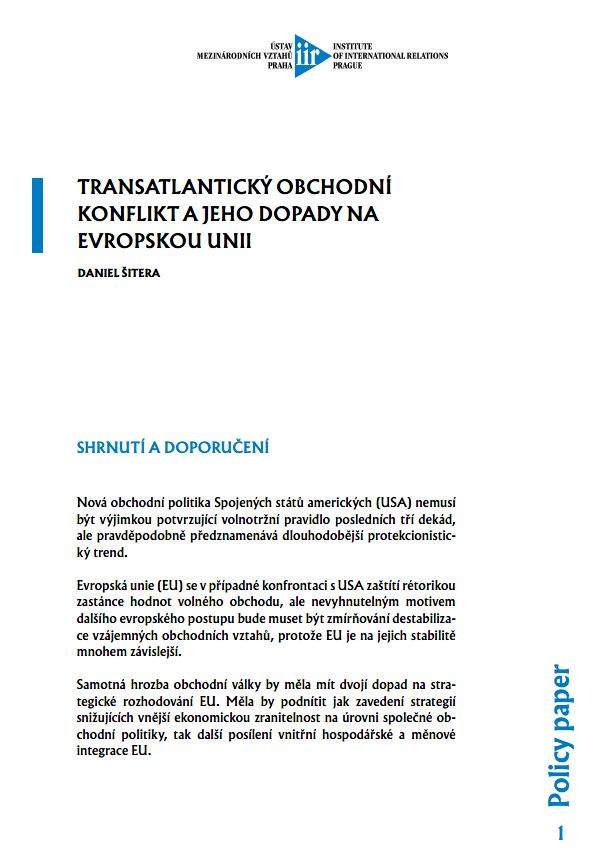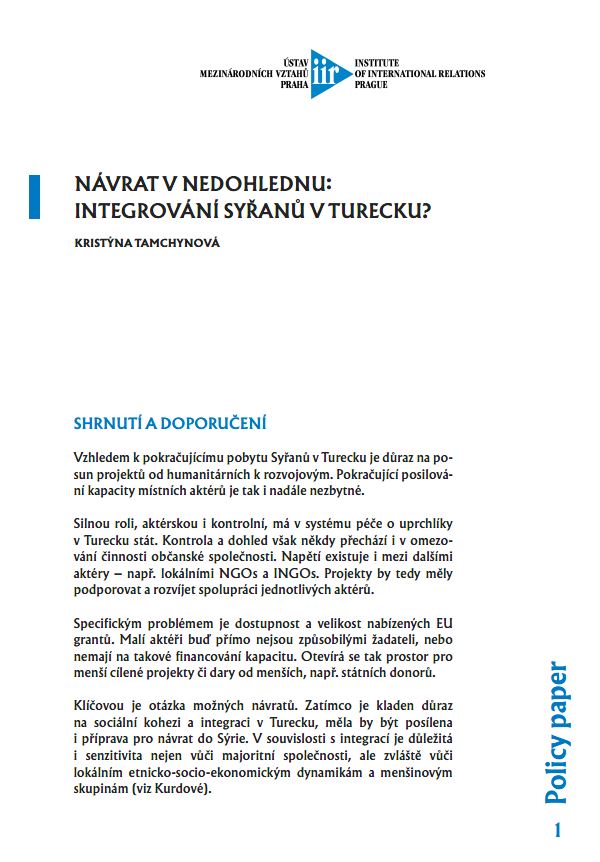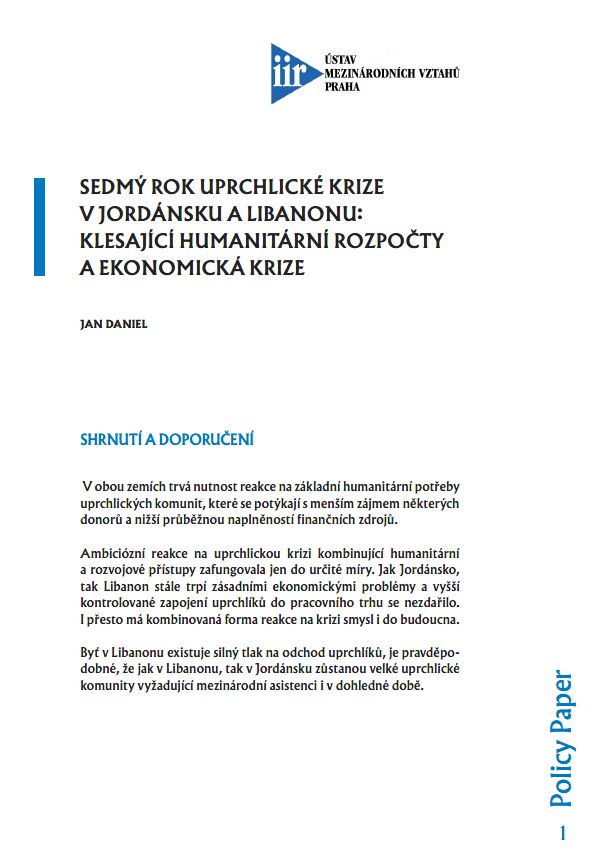Vytváření fiskálních protektorátů není cestou ke skutečné hospodářské a měnové unii
Author(s): Vít Beneš / Language(s): Czech
Keywords: eurozone crisis; fiscal politics; fiscal union; national budget; European budget; tax; cohesion policy; fiscal risk sharing; sharing fiscal sovereignty;
Eurozóna musí respektovat principy fiskálního federalismu, tedy fiskální suverenitu států (národní rozpočty) i fiskální suverenitu federace (evropský rozpočet). Eurozóna by měla skončit se „sdílením fiskální suverenity“ mezi členskými státy (tj. přestat vynucovat rozpočtová pravidla včetně Fiskálního paktu) a upustit od „sdílení fiskálního rizika“ mezi státy (tj. zrušit záchranné mechanismy a obnovit princip no bailout). Evropská unie by měla zavést evropskou daň pro potřeby financování evropského rozpočtu, zejména pak kohezní politiky (tzv. evropské fondy). Kohezní politiku je třeba reformovat, aby působila proticyklicky a zmírňovala důsledky asymetrických šoků v měnové unii. Nesmí však sloužit k financování či úvěrování národních rozpočtů. Česká republika by neměla ratifikovat Fiskální pakt a smlouvu o ESM, naopak by měla požadovat federalizaci eurozóny v souladu s výše uvedenými principy. Vývoj posledních několika týdnů, který vyústil v ultimátum řecké vládě, je tragédií pro řeckou demokracii. Výsledná „dohoda“ je ale tragédií i pro ty z nás, kteří věřili v možnost vytvoření demokratické evropské federace nebo, chcete-li, Spojených států evropských. Projekt měnové unie zdegeneroval do podoby režimu fixních kurzů se společnou měnou, který drží pohromadě pouze strach z toho, co by se stalo v případě opuštění eura a zavedení vlastní měny. Projekt politické unie (federalizace Evropy) byl hlavními aktéry (Francie a Německo) ve skutečnosti opuštěn již před mnoha lety a eurozóna dnes definitivně zmutovala do jakéhosi mezivládního klubu, ve kterém se naplno projevuje mocenská nerovnováha mezi členskými státy. Krize eurozóny poměrně jasně demonstrovala, že měnová unie není dlouhodobě udržitelná bez unie fiskální. Zároveň se ale v celé své nahotě ukázala neudržitelnost a nedemokratičnost současného modelu „fiskální unie“, opírajícího se o dva pilíře: mechanismy na záchranu bankrotujících států (sdílení fiskálního rizika) a vymahatelná pravidla rozpočtové disciplíny (sdílení fiskální suverenity). Jako federalista tvrdím, že tato forma „fiskální unie“ je nedemokratický a nefunkční slepenec, který jde proti všem zásadám fiskálního federalismu, tak jak je praktikován ve skutečně fungující měnové a fiskální unii, ve Spojených státech amerických.
More...
